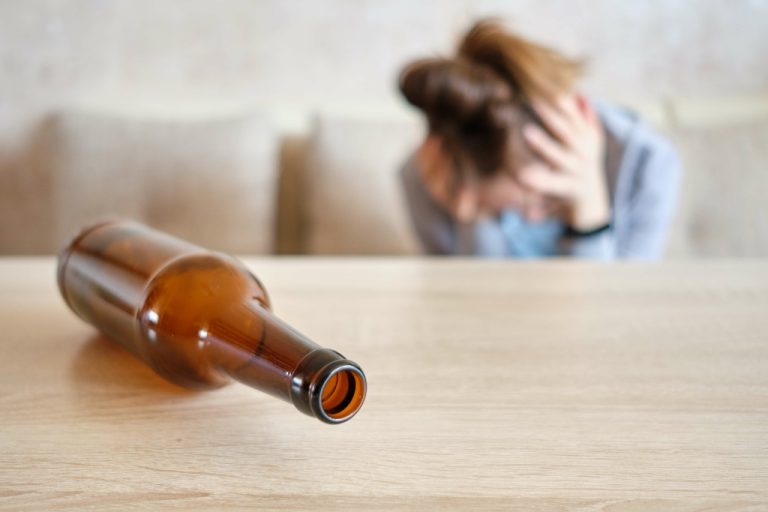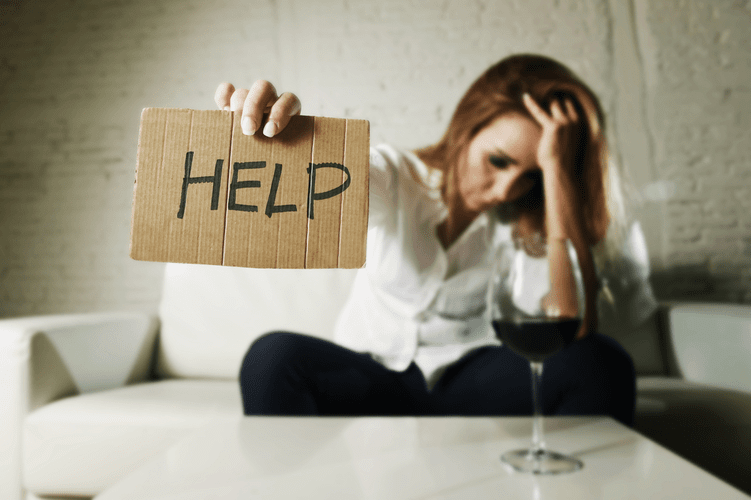They also address questions related to financing the group and managing public relations. That is becoming a key metric for making these supports widely available through expanded public or private funding, or for linking the services to healthcare systems. But psychological addiction, temptation, and craving can last for years, even a lifetime.
Learn more about recovery
It happens when someone continues using a drug despite harmful consequences to their daily functioning, relationships, and/or health. For men, a gender-specific setting can provide a space to break down societal expectations and express emotions without fear of judgment. Men may be more likely to share feelings of vulnerability and insecurity in an all-male group, where they don’t feel pressured to maintain a tough exterior³. If you are looking for compassionate care and support for drug addiction, we can help.
Addiction Treatment Options for Drugs and Alcohol

Recovery is a process of change through which people improve their health and wellness, live self-directed lives, and strive to reach their full potential. Even people with severe and chronic substance use disorders https://gcup.ru/forum/0-0-3-42-4421 can, with help, overcome their illness and regain health and social function. Being in recovery is when those positive changes and values become part of a voluntarily adopted lifestyle. Recovery from addiction is not a linear process, and increasingly, relapse is seen as an opportunity for learning.

Key Statistics on Drug Addiction Treatment and Recovery

Medicines don’t cure your opioid addiction, but they can help in your recovery. These medicines can reduce your craving for opioids and may help you avoid relapse. Medicine treatment options for opioid addiction may include buprenorphine, methadone, naltrexone, and http://topworldnews.ru/2011/11/30/seksomaniya-opasnaya-bolezn/ a combination of buprenorphine and naloxone. Diagnosing drug addiction (substance use disorder) requires a thorough evaluation and often includes an assessment by a psychiatrist, a psychologist, or a licensed alcohol and drug counselor.
- Men may benefit from therapies that focus on anger management, emotional regulation, and building social support.
- These traditions help guide how 12-step recovery programs operate.
- Studies show people usually recover, but as with Rasco and Mable-Jones, the process happens slowly after multiple relapses.
Drug Rehab Cost & Payment Options

By contrast, most adolescents relapsed in social settings when they were trying to enhance a positive emotional state. A small group of adolescents relapsed when facing interpersonal difficulties accompanied by negative emotions and social pressures to drink or use. Treatment and education can help adults learn techniques for handling urges and ways of accepting and managing negative emotions. Treatment and information aimed at adolescents can help them learn techniques for managing both positive and negative emotional states. Nevertheless, experts see relapse as an opportunity to learn from the http://pharmacologylib.ru/news/item/f00/s06/n0000696/index.shtml experience about personal vulnerabilities and triggers, to develop a detailed relapse prevention plan, and to step up treatment and support activities.
- Find treatment programs in your state that treat addiction and dependence on opioids.
- Although there’s no cure for drug addiction, treatment options can help you overcome an addiction and stay drug-free.
- Return to use is most common during the first 90 days of recovery.
- The Diagnostic and Statistical Manual of Mental Disorders (DSM) avoids the terms addiction and recovery.
- Recovery is characterized by continual growth and improvement in one’s health and wellness and managing setbacks.
- Exercising with a group will also enhance interpersonal relationships and help develop connections outside the world of addiction.
Be upfront about your history of drug use when seeking medical treatment. If you need a medical or dental procedure done, be upfront and find a provider who will work with you in either prescribing alternatives or the absolute minimum medication necessary. You should never feel ashamed or humiliated about previous drug use or be denied medication for pain; if that happens, find another provider. You can learn to manage your problems without falling back on your addiction. When you’re confident in your ability to quickly de-stress, facing strong feelings isn’t as intimidating or overwhelming.

